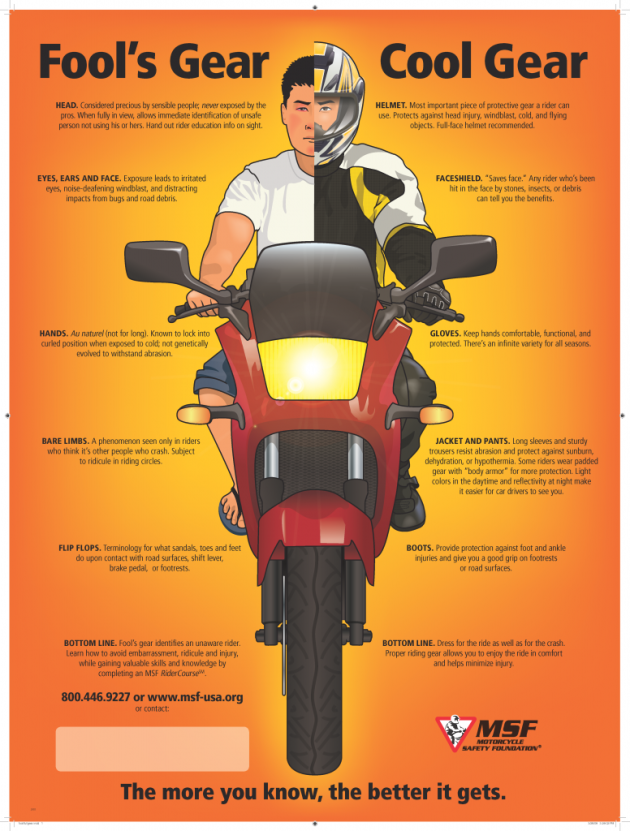Facts And Stats On Motorcycle Accidents In The US
October 18, 2016

Image source: youtube.com
Due to the nature of their vehicles, motorcyclists rarely escape accidents unscathed. Their medical bills are often sky-high, and the injuries are more often than not, serious. Here are a few things people need to know about motorcycle accidents on U.S. roads.
- Motorcycle riders are 35 times more likely to figure in serious accidents than motorists in cars. Factor this in with the knowledge that over 10 percent of all road accidents in the U.S. happen to motorcyclists.
- Head injuries account for most of the deaths in severe motorcycle accidents, which is why helmets are crucial. In fact, wearing helmets reduce the risk of death by approximately 40 percent.
-

Image source: mc-ams.co.uk
Over 50 percent of the deaths involving motorcycles also involved at least another vehicle.
- Over 40 percent of motorcycle accidents that resulted in the death of the rider happened when the other vehicle was turning left, and the motorcyclist was moving forward at a great speed.
- The two leading causes of motorcycle fatalities that did not involve another vehicle are speeding and driving under the influence of alcohol.
- The main reason for motorcycle accidents is because of the lack of protection for its rider. Other causes include less-than-ideal weather conditions, turning without the use of a signal, disregard for the rules of the road, inexperience, driving under the influence of drugs or alcohol, vehicular or road defects, or intentional crashes.
Sheeley Law is a law firm that specializes in multitude of legal issues, including motorcycle accidents. For free case evaluation, visit this website.

















